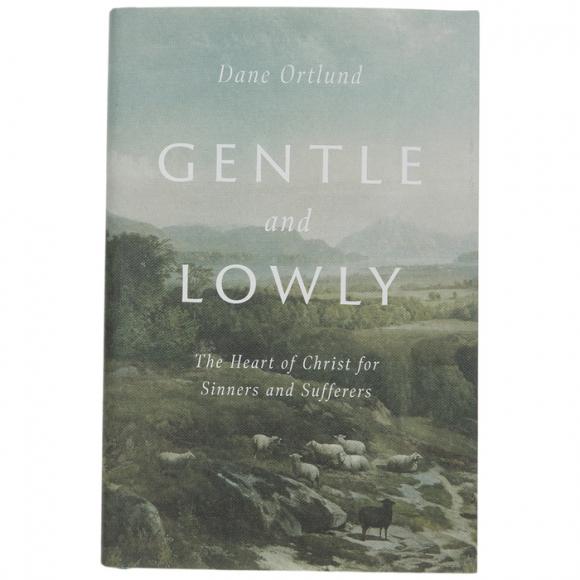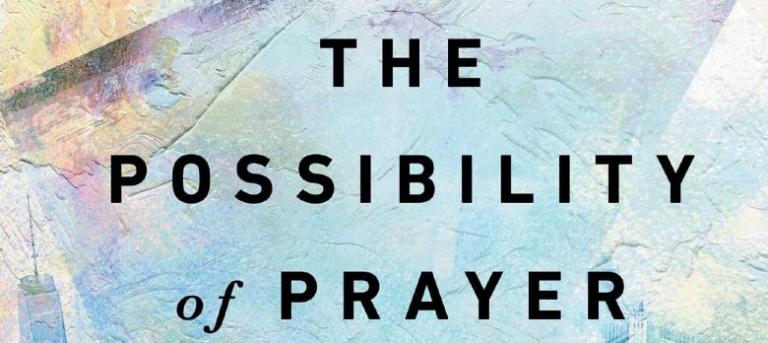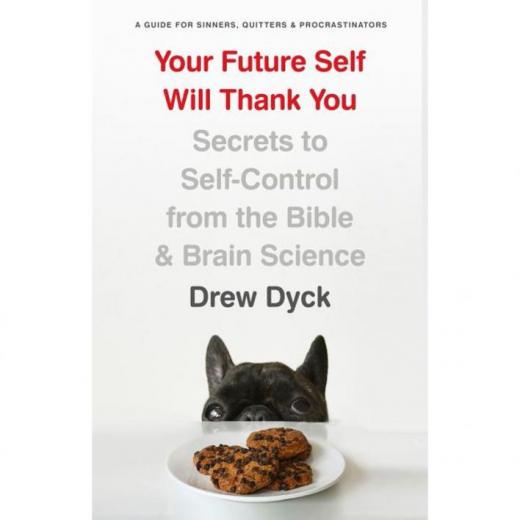
“Of making many books there is no end.” This piece of wisdom from from King Solomon reminds me how many books I will leave unread in this life, so this is not the list of the best books written in 2015. Instead, this is the list of the best books I read this year.
Theology and Church Life
What Does the Bible Teach about Homosexuality? by Kevin DeYoung
Many “Christian” voices have called on the church to change her teaching on sexuality in recent years. These scholars, pastors, and commentators ravaged the biblical text seeking to show that the Bible doesn’t really say what we think it’s been saying for centuries. Kevin DeYoung took these revisionists to task in What Does the Bible Really Teach about Homosexuality. In the first half he dealt with seven major passages of Scripture on homosexuality. He explained the meaning of these passages while dispatching the arguments made by sexual revisionists. In the second half he answered objections to the Bibles teaching on sexuality. DeYoung argued compassionately and persuasively for the historic Christian understanding of sexuality and anyone hoping to understand this debate should read this book.
Preaching by Timothy Keller
Tim Keller’s preaching and writing has been a significant blessing to me both as a pastor and follower of Jesus. Readers should not view Preaching as a textbook on the craft of preaching. Instead Keller helps us understand what preaching is and what it should do. He guides the preacher as he seeks to preach Christ from the whole Bible and then shows why this preaching should be aimed directly at the heart of those who hear him.
Blind Spots by Collin Hansen
21st century Christians are not the first to break into factions and argue with each other, but our day does seem to feel particularly divided. In our lobbing grenades at each other we often emphasize different, but complimentary aspects of the church’s mission. Collin Hansen shows how the church has been called to be compassionate, courageous, and commissioned as we carry the Gospel into our culture. Through this he shows how Christians can better understand each other’s emphases and stop talking past each other.
Marriage and Family
What Did You Expect? By Tedd Tripp
The butterflies we feel during dating and engagement often hit a cruel wall during our first few years of marriage. Paul Tripp walks through the realities of marriage painting for us a beautiful picture of what our marriages can be. He compares marriage to a garden and names the weeds which spouses must uproot. Uprooting is only half the story though, as Tripp walks us through the disciplines we must cultivate so our marriages picture the beautiful relationship between Christ and the church.
History
The Rise of Theodore Roosevelt by Edmund Morris
Spurred on by some articles about Roosevelt on The Art of Manliness and Ken Burns’ epic documentary The Roosevelts I started devouring this massive biography in January. The Rise of Theodore Roosevelt covers Roosevelt’s life until he becomes President of the United States. Morris covers events in depth without going into pointless detail. The result is a biography which reads like a novel. Roosevelt comes alive as he walks through the streets of New York City and storms up San Juan Hill. This is the first of a three volume biography, the other volumes being Theodore Rex and Colonel Roosevelt, but works as a stand alone book. The next two volumes are engaging, but cover much shorter periods of time and make for more laborious reading.
The Bully Pulpit by Doris Kearns Goodwin
Doris Kearns Goodwin marries the lives of Theodore Roosevelt and William Howard Taft with the dawn of investigative journalism to chronicle the Progressive Movement’s rise in the United States. She focuses on the relationship between Roosevelt and Taft, which includes a deep friendship which received a mortal wound during the 1812 Presidential election and shows how the two men differed in how the death with the print media. Roosevelt cultivated relationships with investigative reporters who made the case to the public for many of his reforms while Taft tended to withdraw from the spotlight. This is a fascinating look at an important era in our nation’s history.
1776 by David McCullough
David McCullough is a master storyteller and few stories grip Americans like the events of 1776. He follows George Washington through this pivotal year as he participates in the siege of Boston, Battle of New York, and the crossing of the Delaware. The events of this year shaped the course of a nation and McCullough captures them with penetrating insight. (I listened to the audiobook version which was narrated by McCullough himself.)
Literature
To Kill a Mockingbird by Harper Lee
I grew up thirty miles from Monroeville, Alabama and had never read this classic. Harper Lee’s classic narrated through the eyes of young Scout kept me turning pages well past the time I should have been in bed. From the accurate portrayal of race relations in Alabama at the time to the remarkable characters, this work deserves its spot as a classic American novel.
Go Set a Watchman by Harper Lee
Lee wrote Go Set a Watchman before she wrote To Kill a Mockingbird, though the events in Go Set a Watchman focus on an adult Scout. The first third of this book is a bit laborious, but the pace picks up in the middle and Harper Lee cost me another few hours of sleep. Adult Scout is horrified at the racial views which predominate her hometown and sees the heroic picture of her father shattered before her eyes. My initial problem with this book was the know it all nature of Scout in the book, but in hindsight this only adds to its realism.
Cultural Studies
Amusing Ourselves to Death by Neil Postman
I first read this timely warning to our culture more than ten years ago, so I decided to read it again since we have experienced the rise of smart phones and social media since then. Postman’s analysis feels even more urgent in our days where the important is often blended with the trivial. Postman warns us about what will happen when we lose our print-based culture and news becomes entertainment. His thoughtful engagement with these issues deserve our attention.
What were some of the best books you read this year?












